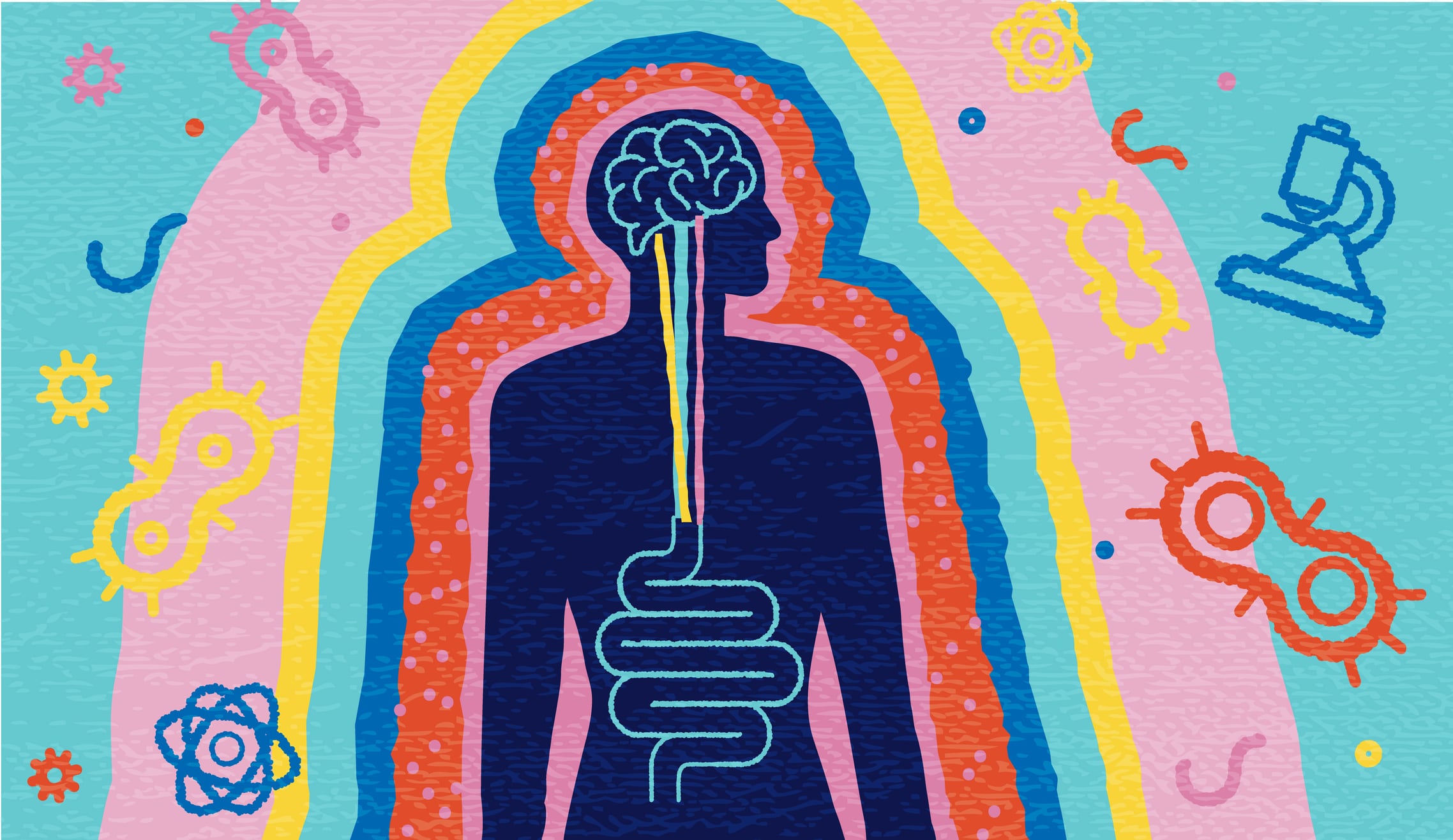This is according to findings of an online survey funded and conducted by Singapore-based microbiome start-up AMILI. Other institutions also took part in the research, including Saw Swee Hock School of Public Health and Yong Loo Lin School of Medicine at the National University of Singapore.
The survey, conducted between August 2020 and July 2021, aimed to find out the public’s knowledge, awareness, and perceptions of the gut microbiome and faecal microbiota transplant (FMT) procedure.
Respondents were required to answer an online questionnaire consisting of 19 multiple-choice questions.
A total of 1,831 online questionnaire responses were collected.
The respondents consist of adult Singaporeans and long-term residents from the three major ethnic groups in Singapore, namely Chinese, Malay, and Indian.
Over half (58.7 per cent) of the respondents were women and the remaining 41.3 per cent men. The age of the respondents ranged from 21 to 87, and the median age was 46.2 years old.
Writing in the Singapore Medical Journal, the researchers reported that the consumption of probiotic drinks was widespread - with 1,679 or 92.7 per cent of the respondents having consumed one before.
Nearly half of them - 843 or 49.7 per cent had taken probiotic drinks for reasons other than improving gut health.
Despite having taken probiotic drinks, only about one-third (32.6 per cent) of the respondents have ever heard of the term “gut microbiome”.
Consumers who have taken probiotic supplements before similarly have a low awareness of the term “gut microbiome.”
“There was no significant association between consumption of probiotic drinks or supplements and self-reported awareness of the gut microbiome.
“Instead, there were more participants who had consumed a probiotic drink and/or supplement in the group that had never heard of the gut microbiome.
“Respondents who had never heard of the gut microbiome but had consumed a probiotic drink made up more than 60 per cent of the study population (n= 1133, 61.9 per cent) as compared to 30.8 per cent who were aware of the gut microbiome.
“Similarly, there was a higher percentage who had consumed a probiotic supplement and were not aware of the gut microbiome than those who were aware (29.8% vs. 20.5%),” said the researchers.
They explained that the discrepancy between awareness of the gut microbiome and gut health-related behaviours can be explained by environmental and situational factors.
For instance, individuals may often be motivated to sustain their overall well-being instead of specifically enhance their gut health alone.
Another reasons could be that regulatory guidelines in Singapore have shaped marketing claims to focus on overall well-being, rather than solely promoting gut health.
“This is supported by our finding that 49.7 per cent of participants who had consumed a probiotic drink did so for reasons unrelated to improving their gut health.
“Taken together, these factors suggest that many consumers choose probiotic products for reasons that extend beyond their knowledge of gut microbiome science,” said the researchers.
Knowledge of gut microbiome
Among the 598 respondents that had ever heard of the term “gut microbiome”, the top two known functions of gut microbiome were the gut microbiome’s impact on weight and diseases.
In this case, 37.7 per cent said they were aware of the gut microbiome’s influence on weight, followed by it being a contributor to diseases (36.7 per cent).
Notably, 22.2 per cent also recognised the gut microbiome’s impact on sleep.
About 14.2 per cent were aware of the gut microbiome’s role in the body’s vitamin production, and 3.8 per cent knew that it could affect intelligence.
However, a sizeable number - 24.4 per cent - also said they were unsure of the gut microbiome’s functions.
“Our results show that the most recognised function of the gut microbiome is its influence on weight.
“There is growing literature on the involvement of the gut microbiome in metabolic regulation, energy utilisation from diet, and more complex mechanisms pertaining to metabolic diseases such as obesity and type 2 diabetes mellitus.
“This has garnered interest from both medical professionals and the general public, as it suggests promising avenues for microbiome-based interventions in weight management and potentially other more severe health conditions,” said the researchers.
Analysis also showed that younger respondents were more knowledgeable about the gut microbiome than older respondents.
Low awareness of FMT but many willing to try
There is a low awareness of faecal microbiota transplant (FMT) among the respondents, however, many were willing to try it if they were to be down with Clostridioides difficile infection.
Out of all the participants, 84.8 per cent said they had never heard of the FMT process.
However, seven in 10 or 1318 out of the total 1,831 respondents would consider FMT if they contract a CDI.
For those who would not consider FMT, the reasons included a preference for oral medication such as antibiotics (57.2 per cent), discomfort with the concept of FMT (54.1 per cent), and concerns about infection risks (46.3 per cent).
Other reasons for refusal include the high cost associated with FMT (38.9 per cent) and no guarantee on whether the process will be effective (26.4 per cent).
More than half of the participants (52.1 per cent) also said they would be more inclined to consider the procedure if the FMT preparations were available in the form of oral capsules.
On the other hand, participants will be more willing to receive FMT if there were recommendations from healthcare providers (77.1 per cent), clinical studies on its effectiveness (59.7 per cent) and personal research (30.4 per cent).
Recommendations from 1) close family and friends and 2) the extended family ranked lower - with 28.7 per cent and 8.1 per cent picking these as the factors increasing their willingness to try FMT.
Lastly, over half of the respondents (57.3 per cent) would not consider being a stool donor for FMT.
The main concerns were discomfort with collecting stool samples (55.1 per cent), perception that it would be troublesome to undergo numerous tests (48.7 per cent), and doubts that they would be healthy enough to qualify (36.2 per cent).
Source: Singapore Medical Journal
Public knowledge, awareness and perception of gut microbiome and faecal microbiota transplantation in Singapore: a survey study
DOI: 10.4103/singaporemedj.SMJ-2024-076
Authors: Lim LWZ, Toh KY, Cook AR, Lee JWJ, Lim JFY.





